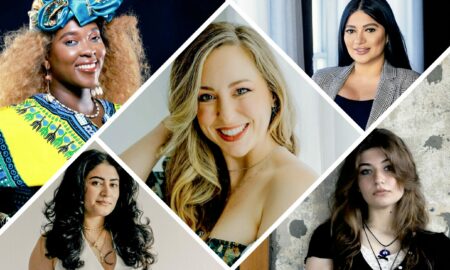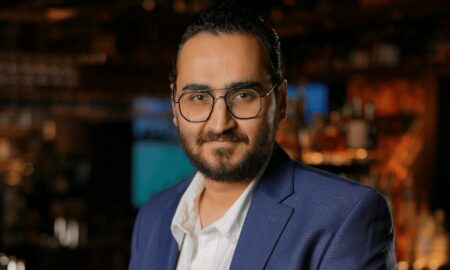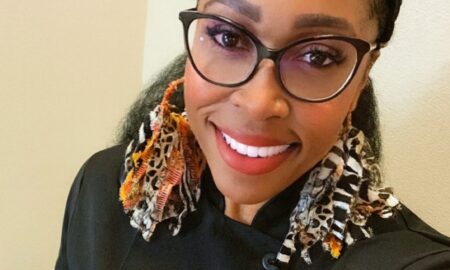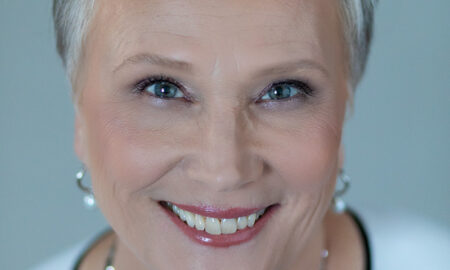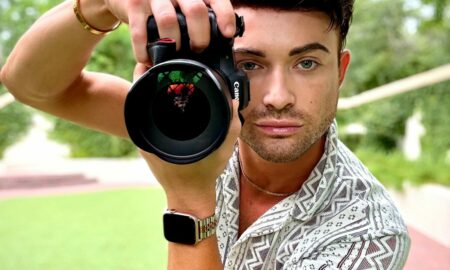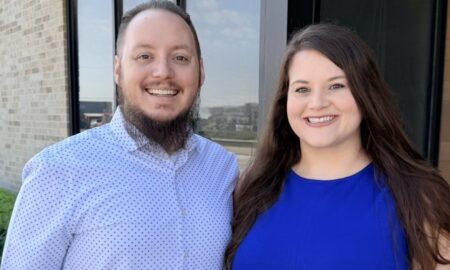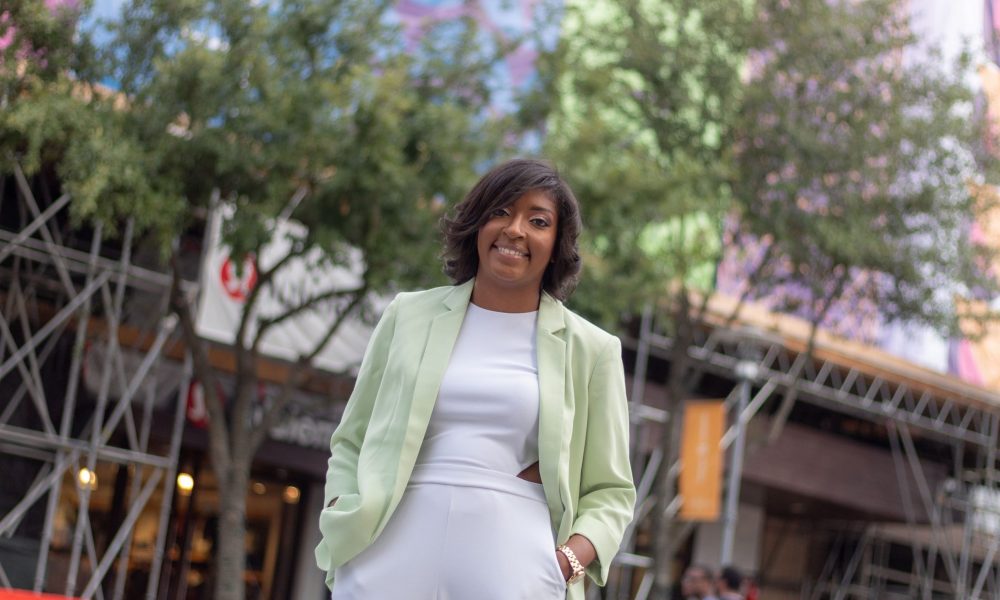

Today we’d like to introduce you to Tierra Ledet.
Tierra, can you briefly walk us through your story – how you started and how you got to where you are today.
Since I was a little girl, I was very close to my grandparents and would help my parents take care of them. At that time, my aunt was a nurse so she would teach me things and I would occasionally visit her while she worked her shifts at the hospitals, so I always knew I wanted to pursue a career in healthcare. During my sophomore year of high school, I was admitted to the Texas Academy of Leadership in the Humanities (TALH) at Lamar University, which afforded me the opportunity to complete my last two years of high school and my first two years of college simultaneously.
During my education there, I was taking an anatomy and physiology course and became passionate about studying the brain. While in undergrad at TCU, I decided I didn’t want to pursue a career in medicine and instead moved my focus on pursuing a career related to neuropsychology and neuroscience, which is why I pursued graduate studies at Vanderbilt University. At Vandy, I focused most of my clinical and research training on neuropsychology, aging, and neurodegenerative disease and working with vulnerable populations.
I work in the field of behavioral health but specialize in clinical assessment, which involves collecting information, drawing conclusions through observation, psychological, cognitive, and neuropsychological testing, and interviews to determine the person’s problem, the severity of it, and the symptoms he/she is experiencing. This allows me to learn about a person’s skills, abilities, personality characteristics, cognitive and emotional functioning, and important social, cultural, and environmental factors. Since I spend a lot of time with patients and their families, many of them would feel more comfortable asking me various questions about their symptoms, disease pathology, how to manage their care, how to adjust and/or make transitions depending on the severity of the situation. I also experienced similar interactions with people in the general public when the topic of what my job entails, which is why I was inspired to start Mentalli.
Currently, Mentalli has been in operation for one year. Last year, we focused on getting the basic business operations set up and in place. Currently, I am working on expanding Mentalli’s presence, designing products, as well as seminars and workshops that will be available to the public, companies, or groups on topics related to neurodegenerative disease and behavioral health, which also includes mental health. I’m also involved in advocacy efforts for mental health with larger groups and involved in the community.
Great, so let’s dig a little deeper into the story – has it been an easy path overall and if not, what were the challenges you’ve had to overcome?
The road has been fairly smooth so far. There have been periods where I have an idea on a product, but implementing that idea from start to finish takes some time to think through the different aspects, which is time-consuming.
I still work a full-time job in healthcare M-F, so my time can be limited to work on projects or product development, so it’s been going in phases. I also self-fund my business at this time, which allows me to have complete control of risks, creativity, and allows me to move at my own pace. It’s a one-woman show, which is great for creative control and the ability to do things on your own terms, but also challenging when life happens and you have to take a step back to deal with other situations that come up.
Please tell us about Mentalli.
Mentalli provides evidence-based research seminars and workshops to educate people about the neurodegenerative disease, behavioral, and mental health in order to increase prevention and awareness. While dementia doesn’t discriminate and some people are genetically more at-risk than others, some of these diseases and disorders can be mitigated through basic lifestyle changes that are developed as behavioral habits early in life.
Mentalli is focusing on bridging the information gap between science, healthcare, and the general public, especially in vulnerable and underserved populations who often lack access to quality healthcare, experience poor interactions while engaging in care, and generally, just are not sure if they should reach out for assistance or what that might look like when they choose to do so.
While there are many practitioners in behavioral and mental health care who provide similar services, there are some minor nuisances amongst the major commonalities in how we practice behavioral/mental health. Many practitioners are now focusing their efforts through social media to provide people with basic common knowledge about a specific disorder or behavioral health topics. While Mentalli has an online and social media presence, our mission is to be on the ground in the community going to people in their community to provide them with synthesized evidence-based information and resources that may benefit them most.
We provide services to the group at hand so it may be educators who are teaching adolescents, adolescents themselves, police officers who need to be able to recognize and acknowledge a person in mental health distress or how to interact with a person with a neurodevelopmental disorder, and we focus a lot on the aging population which is experiencing longer lifespans with unique health challenges and their caregivers. We come to the community with compassion to discuss topics that are not commonly discussed or addressed adequately to provide relief and a sense of comfort in a time of uncertainty in many people’s lives.
Is there a characteristic or quality that you feel is essential to success?
I would say diligence since I’m funding my business myself at the moment. It requires a lot of personal sacrifices since I’m investing the money that most people would use to travel or buy material items into my business. I’m focusing on the long-term objectives of Mentalli to bridge the information gap from science and healthcare to the broader community, and focusing on how we can expand our services and products in ways that I did not consider starting out.
Contact Info:
- Website: www.mentalli.org
- Email: contactus@mentalli.org
- Instagram: @mentalliorg
- Facebook: MentalliOrg
- Twitter: @mentalliorg





 Image Credit:
Image Credit:
Andrew Fontenot of Fontenot Photography
Suggest a story: VoyageHouston is built on recommendations from the community; it’s how we uncover hidden gems, so if you or someone you know deserves recognition please let us know here.












